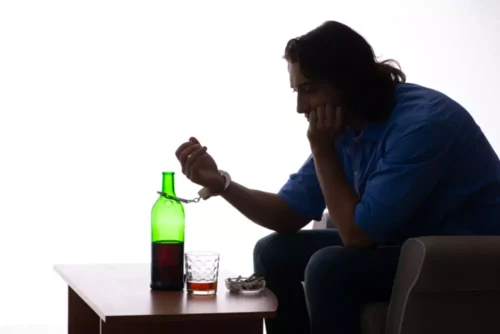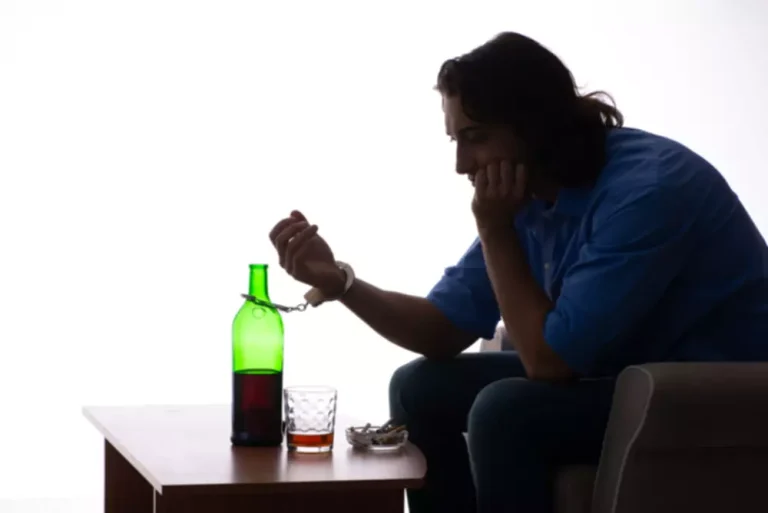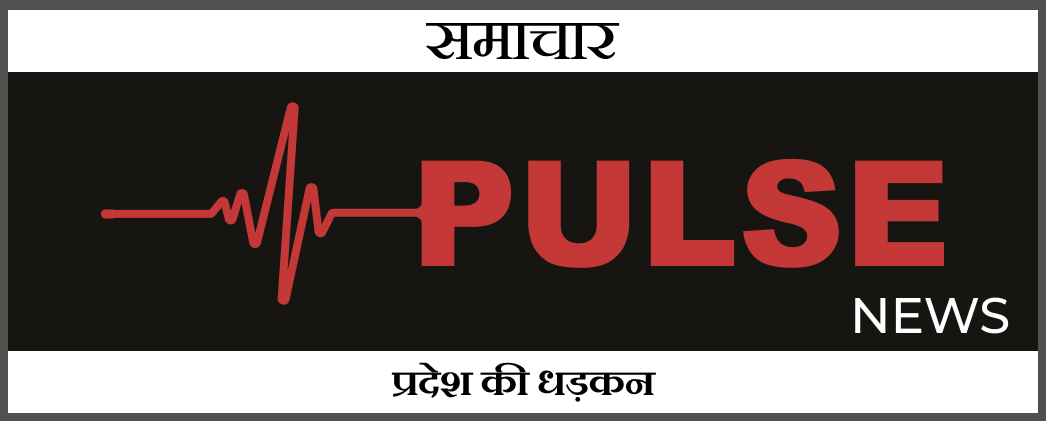
Dehydration can be dangerous and even life-threatening if left untreated. However, water might build up in other areas as our body tries to hold onto the fluids it has. That said, the higher a drink’s alcohol content, the more of a diuretic it’s believed to be. Alcohol can cause dehydration, disrupt sleep, interfere with energy production, and alter the body’s acid-base balance, all of which impact overall health and well-being. If you alternate alcohol and water as you drink, you slow your intake of alcohol.
- Yes, alcohol has a diuretic effect, which means that consuming alcohol increases urine production and leads to fluid loss and dehydration.
- You’ll also have the opportunity to connect with our licensed Reframe coaches for more personalized guidance.
- If you are dehydrated, the team at our Lifespan Urgent Care centers can help you.
- Incorporating strategies to replenish electrolytes, such as consuming electrolyte-rich foods or drinks, can help support optimal hydration when consuming alcohol.
Alcohol Treatment at South Coast Behavioral Health

This also means drinking alcohol on an empty stomach can lead to a higher blood alcohol content (BAC). In addition to water loss, drinking alcohol can also lead to electrolyte imbalance—especially sodium. Alcohol consumption lowers your sodium levels, primarily because of low solute (protein and salt) intake as compared to free water intake. Under normal conditions, the kidneys require solute to excrete free water. In the absence of adequate amounts of solute, kidneys hang on to more free water, thereby diluting the sodium concentration in the blood. Alcohol works as a diuretic in your body, increasing urine output.

Recognizing Dehydration Symptoms

But beyond the type of alcohol you’re imbibing, you might not realize how much https://ecosoberhouse.com/ dehydration enters into the hangover equation. You can usually manage mild cases of dehydration by drinking more fluids that don’t contain alcohol. Whether you drink water between each alcoholic drink, after drinking, or even the next day, it’s vital to replace lost fluids. Drinking too much water too quickly can cause electrolyte imbalances, so take small sips and drink slowly.
Increased risk of heat stroke:
- The higher the alcohol content of a particular drink, the greater this effect becomes.
- As ADH production recovers, the body regains its ability to conserve fluids and limit dehydration.
- Alcohol is a natural diuretic that draws fluid out of your body, expelling it through your kidneys and bladder more rapidly than usual.
- When the body is dehydrated, it tries to conserve water by producing less urine.
- It seems simple, but water truly is the best beverage when it comes to fast rehydration.
Alcohol can trigger diuresis (increased urine output), leading to dehydration and other bodily imbalances, all of which can contribute to hangover symptoms. Simply put, consuming alcohol affects the body’s ability to maintain optimal hydration levels. Drinking alcohol at a slower pace can reduce its dehydrating effects. Alternating alcoholic drinks with water or other non-alcoholic beverages can also help maintain hydration levels.
- Let’s delve deeper into the science behind dehydration, how alcohol dehydrates us, and ways we can treat and avoid excessive dehydration from alcohol.
- So, if you have any questions or concerns, just remember that we’re here today.
- Alcohol dehydration cures abound, but before you trust old wives’ tales or the hair of the dog, read on.
- Remember, you shouldn’t just focus on rehydrating but instead, look for the smallest signs that your body needs more water.
- This can lead to a higher frequency of urination and the loss of fluids from the body.
- While this typically makes individuals feel warmer, it can also result in sweating, and this fluid loss contributes to overall dehydration.
Understanding the relationship between alcohol and dehydration is crucial for maintaining hydration levels when consuming drug addiction alcoholic beverages. It’s important to drink water alongside alcohol to compensate for the dehydrating effects. Additionally, practicing moderation and being mindful of alcohol consumption can help minimize the risk of dehydration. When you consume alcoholic beverages, several factors contribute to this dehydration effect.

According to the Society for Endocrinology, ADH is produced and released by the pituitary gland. It’s the reason why you can usually sleep through the night without having to urinate. And when ADH release is suppressed, your body’s natural mechanism for holding onto fluid ceases to function. This is important because increased urination flushes electrolytes and nutrients out of your system, as well as fluid. When you have food in your stomach, alcohol is absorbed more slowly into your system.
Have you ever wondered why a night of drinking often leaves you parched and reaching for water the next morning? This occurs because alcohol is a diuretic, meaning it increases urine production and leads to a significant loss of fluids from the body. When you consume alcohol, it suppresses the release of vasopressin, an antidiuretic hormone. This suppression results in the kidneys excreting more water than usual, causing dehydration. The more you drink, the more pronounced this effect becomes, which can explain why you might wake up with a dry mouth and a headache after a night of heavy drinking. Alcohol has diuretic properties, meaning that it increases urine production and subsequently leads to fluid loss from the body.
How to Counteract Alcohol-Induced Dehydration
If you can’t seem to replenish fluids on your own, see a healthcare provider. You may need intravenous (IV) fluids or other medical treatment. If your child appears dehydrated, it’s best to contact a provider right away. Another common recommendation is to drink half your body weight in ounces. If you weigh 150 pounds, you should drink 75 ounces of water; 180 pounds would be 90 ounces, and so on.
- Luckily, it’s easy to prevent these symptoms with a few lifestyle changes.
- So while more research is needed to know for certain, beer may not dehydrate you as much as other alcoholic beverages without as high of a water content.
- But the type of alcohol you choose affects how dehydrated you become.
- It does this by inhibiting your antidiuretic hormone — a hormone that’s used by the body to protect against dehydration.
- This happens when a person loses more fluids than they take in.
Skin Problems:

It’s essential to address dehydration promptly by replenishing lost fluids. When does red wine dehydrate you consuming alcohol, it’s especially important to be mindful of your hydration levels and take steps to stay adequately hydrated. It’s worth noting that the alcohol content in a beverage can influence its dehydrating effects. Alcoholic drinks with higher alcohol concentrations, such as spirits, tend to have a more pronounced diuretic effect compared to beverages with lower alcohol content, like beer or wine.
